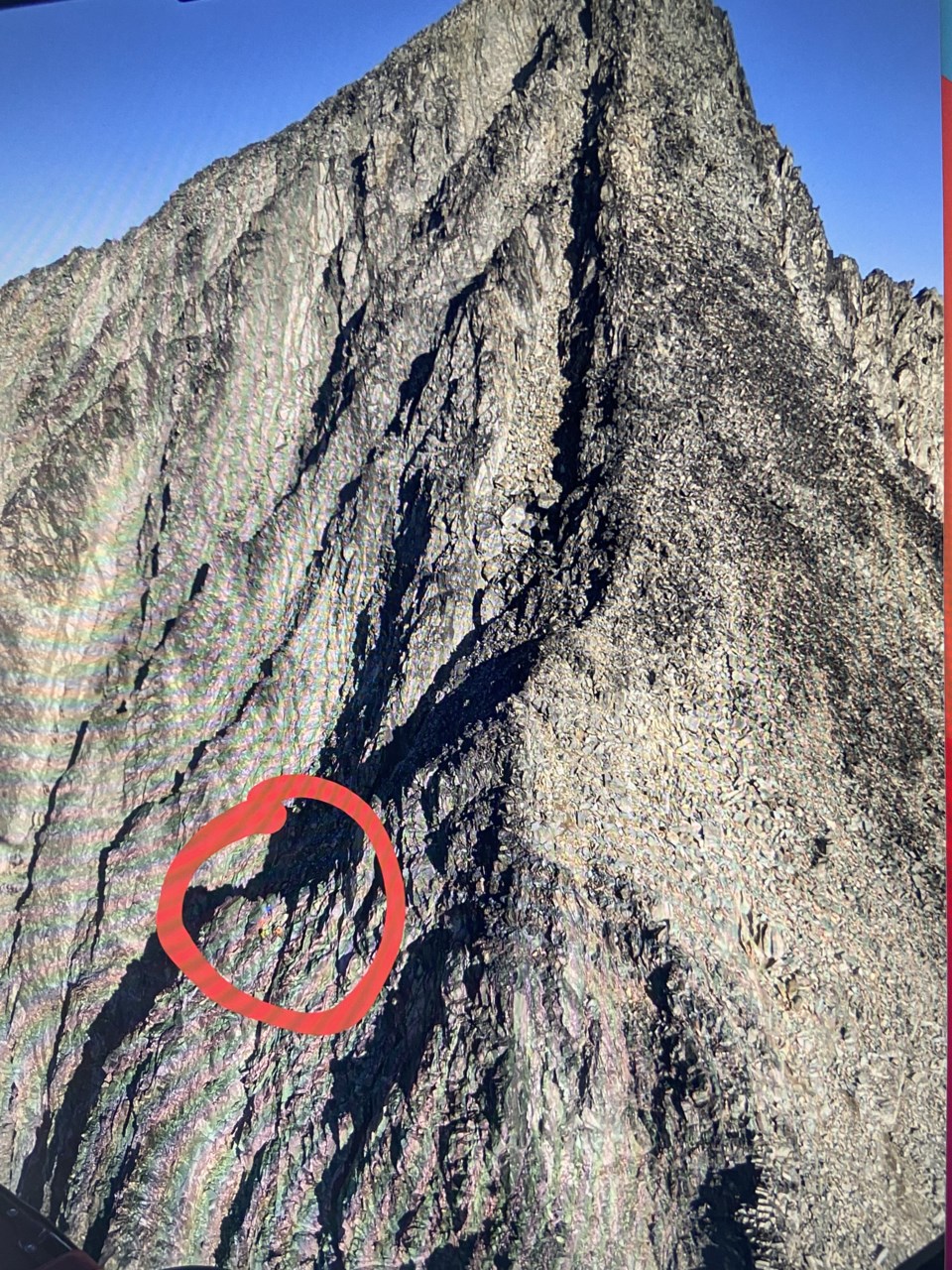Two Coquitlam hikers are safe after they were stranded overnight this week on a mountain northeast of Whistler.
According to Whistler Search and Rescue (WSAR), they were extracted off Mount Weart in Garibaldi Provincial Park on Monday after they got caught on a cliff in a cloud bank.
The experienced hikers were heading up the triple-summit mountain on Sunday in the northwest section of the park when inclement weather settled in.
WSAR manager Brad Sills explained they tried to go back down to Wedgemount Lake through a cloud bank, but "ended up cliffed out."
The hikers' goal was to complete the Armchair Traverse, telling WSAR it had gained popularity on social media.
"It’s described as relatively easy but they didn’t realize just how loose the rock is around here and … they got caught in bad weather and couldn’t read the ridge properly," said Sills.
"They could hear falling rock all around them. Not a good position to find oneself in."
The hikers called WSAR late Sunday afternoon but were advised to wait out the night before crews were able to long-line them off the mountain the following morning. Sills said the hikers had packed light, and weren’t necessarily prepared to spend the night.
“It was a classic mountaineering incident. No real fault, just the learning curve in mountaineering is steep, hence the terrain,” he added.
“We’re just so happy it didn’t end in tragedy because the terrain was certainly conducive to that.”
WSAR has seen a slight uptick in calls this summer compared to the same period last year, when the COVID-19 pandemic contributed to a boom in backcountry recreation and summer calls outpaced the winter for only the second time in the organization’s history.
While there has certainly been no shortage of new and relatively inexperienced recreationists in the Sea to Sky, Sills said there has been a parallel trend of seasoned hikers increasingly heading into unfamiliar terrain.
“Certainly the requirement for us to use our long line has gone through the roof and the reason for that is people are going to places in loose, steep terrain, which typically mountaineers try and stay away from,” he explained. “Something is driving them there and I think it’s the Instagram objective of getting to the top of this mountain or that mountain.”
To give a sense of the phenomenon, Sills said WSAR crews were called to the peak of Blackcomb Mountain three times this summer, after never attending there in the summer before. It has also been rare historically for crews to attend Wedge Mountain in the summer — WSAR was there twice on Sunday.
“[People] are going into new terrain that’s unfamiliar to them and the nuance of that particular type of terrain — the change of equipment, the technique — that learning curve is at a higher rate of what they can meet,” Sills said.
For more information, you're encouraged to visit the BC Search and Rescue Association website.





